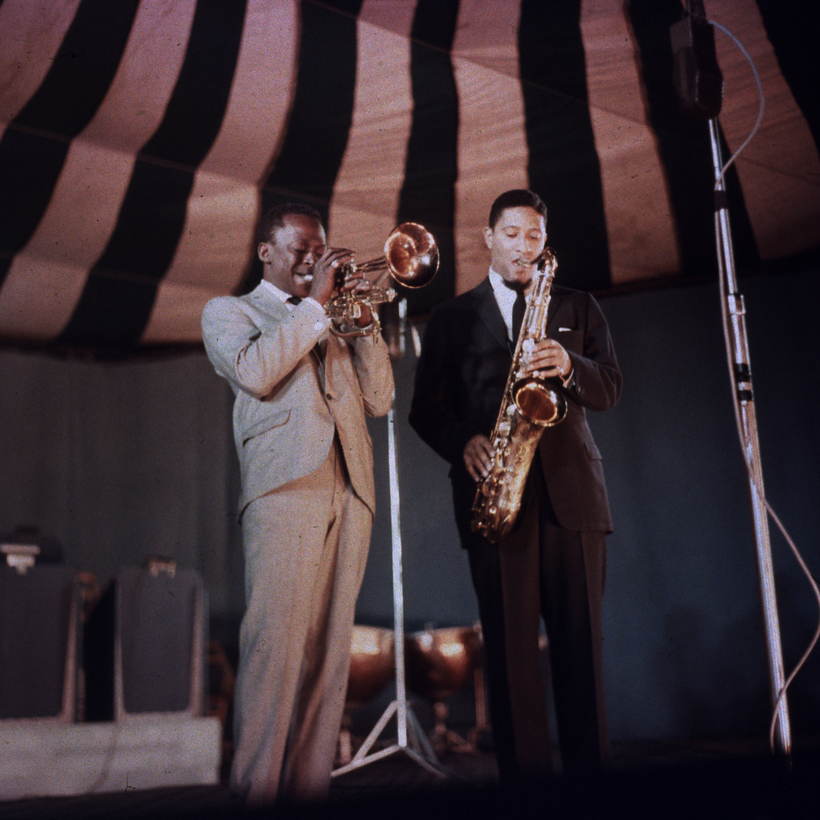For more than a year now, jazz has been in a choke hold. Here and there, now and then, the grip has relaxed, only to tighten again with a vengeance. And while most performing arts have suffered similar constriction, the agony felt by jazz has been particularly acute. Born at the sizzling synapse between improvising musicians and drinkers, dancers, fornicators, jubilant mourners, aficionados—and, of course, other improvising musicians—jazz, hot or cool, still depends on warm bodies not only for its livelihood but for the very breath of life.
Valiantly, resourcefully, clubs and musicians have tried to stay afloat by setting up shop in cyberspace. But cyberspace is airless. It is also spaceless—the placeless place of the daily tasks, meetings, distractions, doom-scrolling, and desultory social interactions that make and mar our pandemical lives. However excellent the music, the lack of applause and vocal encouragement—or the anemic applause supplied, with just a hint of hopeless irony, by two or three techies or other staff—reminds us of our fallen state. So do the masks worn by all but, ironically, the wind players, whose instruments are Uzis for aerosols.

